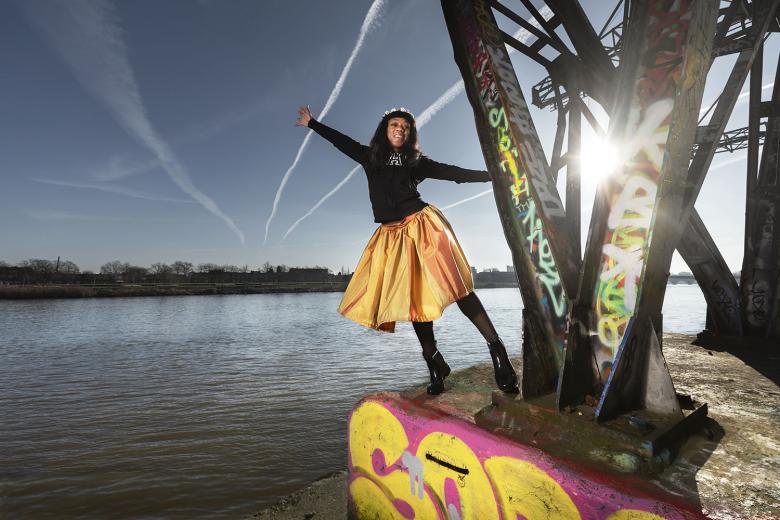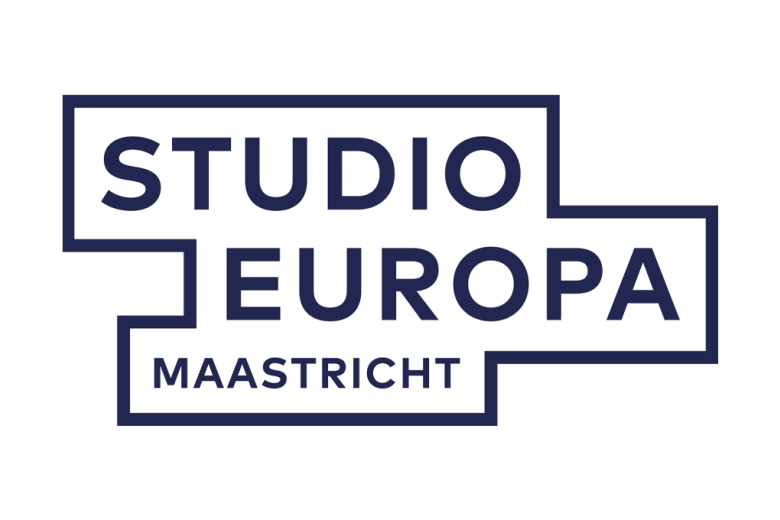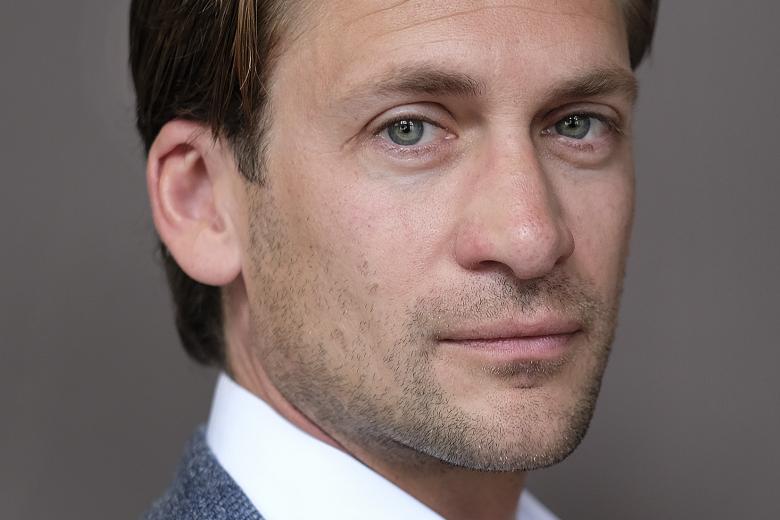Farmers' protests in Brussels may be the ultimate advertisement for European democracy
Things got heated during the peasant protests that swept through Brussels last month. Tractors broke through barricades, a statue was vandalized and fires were set in several places. In farmer app groups, the fantasies went even further, sharing (fictional) images of a burning down European Parliament.
The protests were not without consequence: the European pesticide law was repealed, environmental requirements that farmers must meet to receive subsidies are being relaxed, and other European environmental and nature measures have also been watered down. All in all, when reading about the farmers' protests, few people will have thought "this is good news for the EU. And yet the farm protests might well be just that.
The road to Brussels
For years, efforts have been made to involve citizens more in Europe. After all, to be a full-fledged, well-functioning democracy, it is necessary that citizens are also part of the political process. Governments have already launched numerous advertising campaigns (you may remember commercials like "Europe. Pretty important"), and in recent years the number of initiatives in which citizens can express themselves directly on European issues has also been growing. But such initiatives have not yet led to a great interest in Europe.
That is the tricky thing with democracy: public interest is hard to enforce with neat campaigns. This also requires drama. People only become interested in what is going on in Brussels when they feel that something is at stake. And when they realize that Brussels is a place where you can force change. And that is precisely what the peasant protests are doing. They show that Brussels is not only the place where important decisions are made, but can also be challenged. And that European decisions are not dictates chiseled in stone from above, but are sensitive to public opinion formation. In this sense, the peasant protests show the way to Brussels.
Full-fledged European debate
This does not mean that there is nothing wrong with the peasant protests. With their brutality, they clearly exceeded the standards of democratic protest. Moreover, it is understandable that many people are disappointed by the ease with which the European Commission abandons important nature policy. It is not a sustainable strategy to immediately abandon policies that have been worked on for years as soon as there are aggressive protests. And certainly, the protests also have risks for the EU. For example, they could fuel the idea that groups willing to engage in violent protest can force their way through. Moreover, they could also fuel the idea that "we need to get out of the EU" - although that is an illogical goal for a sector that gets over a third of the EU budget and needs European-level rules precisely to ensure a level playing field.
Protests like the farmers' therefore do not automatically lead to democratization of the EU. Nevertheless, we can hope that they will serve a useful function. Indeed, if properly channelled, they can lead to a debate in which we can for once move beyond the superficial "pro-EU" versus "anti-EU" and finally talk about the substantive questions. It is therefore essential for the EU to find new ways to make room for democratic engagement, rather than reacting panickedly to protests. The choices that determine our future are made in Brussels and the public must be involved as broadly as possible - without one group being able to impose its will.
Should the EU succeed in this, the spreading of manure over Brussels squares may have done more to mature the EU than yet another public campaign saying that Europe is "pretty important”.
Also read
-
Democracy requires maintenance
Ahead of the European elections, there are concerns about the state of democracy and rule of law in Europe. In the Netherlands, it is a concern hanging around the formation table. For a long time, Poland seemed to be heading in the same direction as Hungary, but since last October's elections, the tide...
-
Biggest flaw in EU democracy is lack of political debate
The European elections are just around the corner. Democracy in the EU has shortcomings, but the EU has mostly lacked political debate in recent decades. It is good that this is changing.
-
If Europe wants it, it is possible: a better world
Climate, war and resurgent nationalism: global cooperation is rattling on all sides. Yet Professor Mathieu Segers still advocates European leadership: 'When death and destruction are spreading, and there seems to be no more light, often the most brilliant plans emerge.'